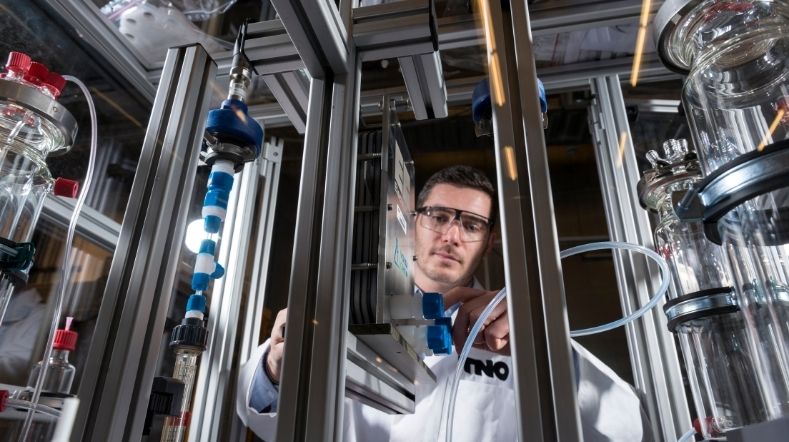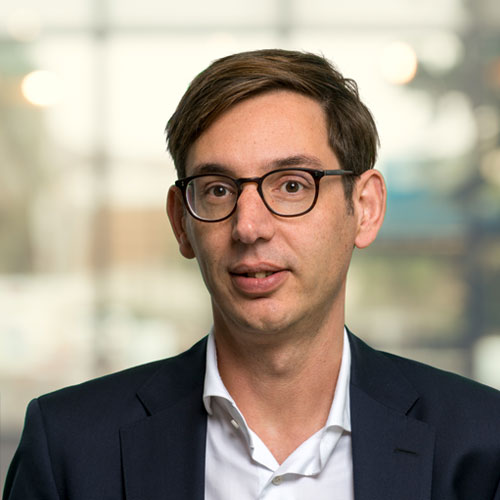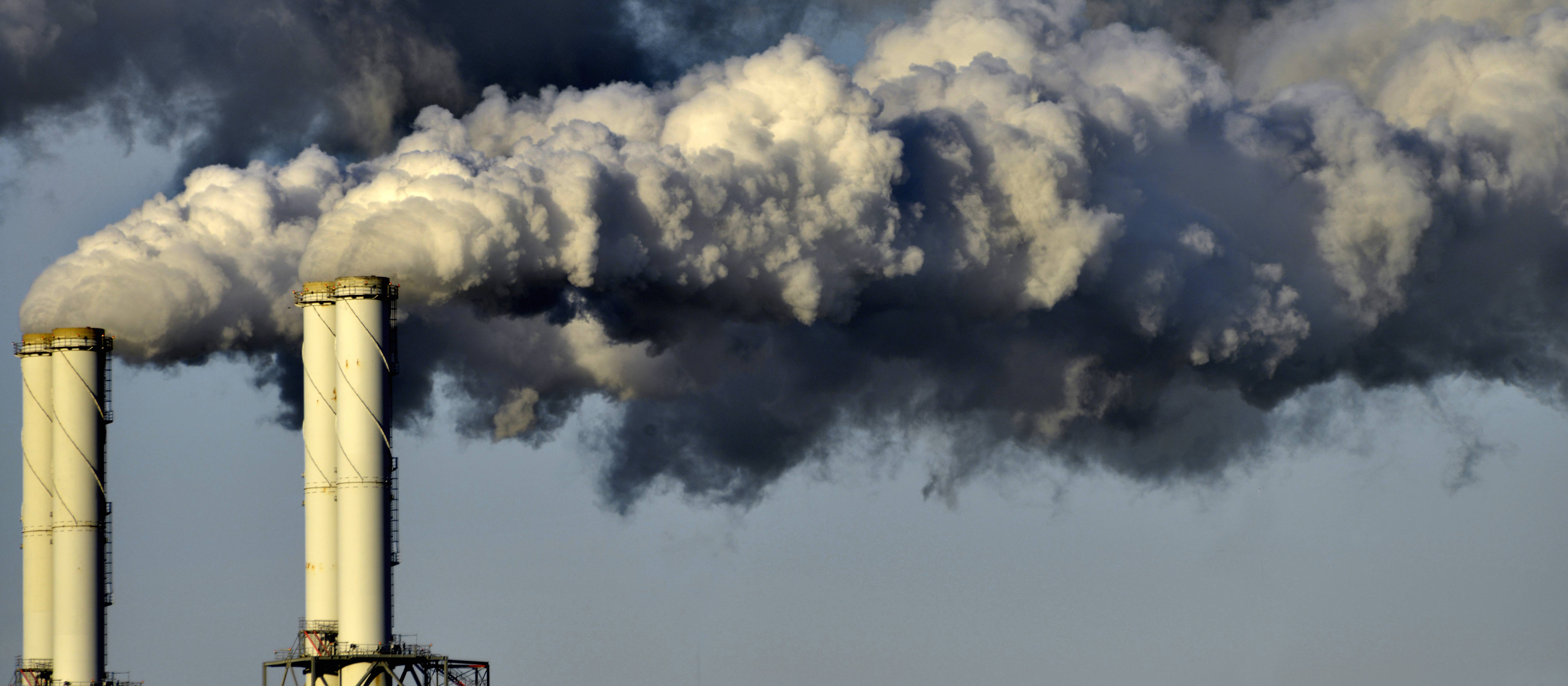
TNO and CoCO2 Contribute to Paris Agreement Goals
In 2023, the countries that signed the Paris Climate Agreement will gather for a Global Stocktake. They will collectively evaluate the progress made in reducing greenhouse gas emissions. Every five years, stocktakes will enable countries to report progress and share mitigation strategies. Anton Leemhuis, Senior Business Developer Space, and Hugo Denier van der Gon, Principle Scientist at TNO explain how TNO is contributing to these crucial milestones.
Applying expertise
A key requirement for effective Global Stocktakes will be the availability of objective data about greenhouse gas emissions in the countries taking part in the Paris Agreement. That includes monitoring the progress of emission reduction activities. Currently, no global measurement data is available for this, and most emission data is based on estimates.
The EU foresees an important role for satellite technology to quantify emissions by providing global and independent measurements. TNO is one of 25 partners from 14 countries that will work to realise CoCO2 , a prototype system for the global monitoring and verification of carbon dioxide (CO2) emissions. ECMWF will lead the project. ‘In CoCO2, TNO will realise national-scale emission inventories using satellite data,’ Anton explains. The prototype for an emission service is scheduled to be operational in 2023.
Realising ambitions
TNO laid the foundation for its contribution to CoCO2 in a previous project: CO2 Human Emissions CHE. ‘In CHE, we worked with European partners to develop expertise in modelling, simulation techniques and emission inventories that mimic the actual movement of greenhouse gas plumes, and therefore provide the foundations for monitoring and observation in satellite systems and ground stations,’ Hugo explains. ‘Now, in CoCO2, we will apply our expertise in satellite data to bring the system to life and prove that CO2 emissions can be effectively and independently monitored.’
Providing actionable data
At the heart of TNO’s work in satellite monitoring and data processing is a desire to enable action based on verifiable data. TNO’s expertise can be applied to efforts to understand current emissions and create action plans to mitigate them. It will make it possible to collect objective, verifiable, quantified and publicly available data so that countries hold themselves accountable for their Paris Agreement pledges, can discuss mitigation strategies and, when needed, step up their mitigation efforts. Anton: ’TNO is helping to create a level playing field, in which decisions are made based on clear and irrefutable data.’
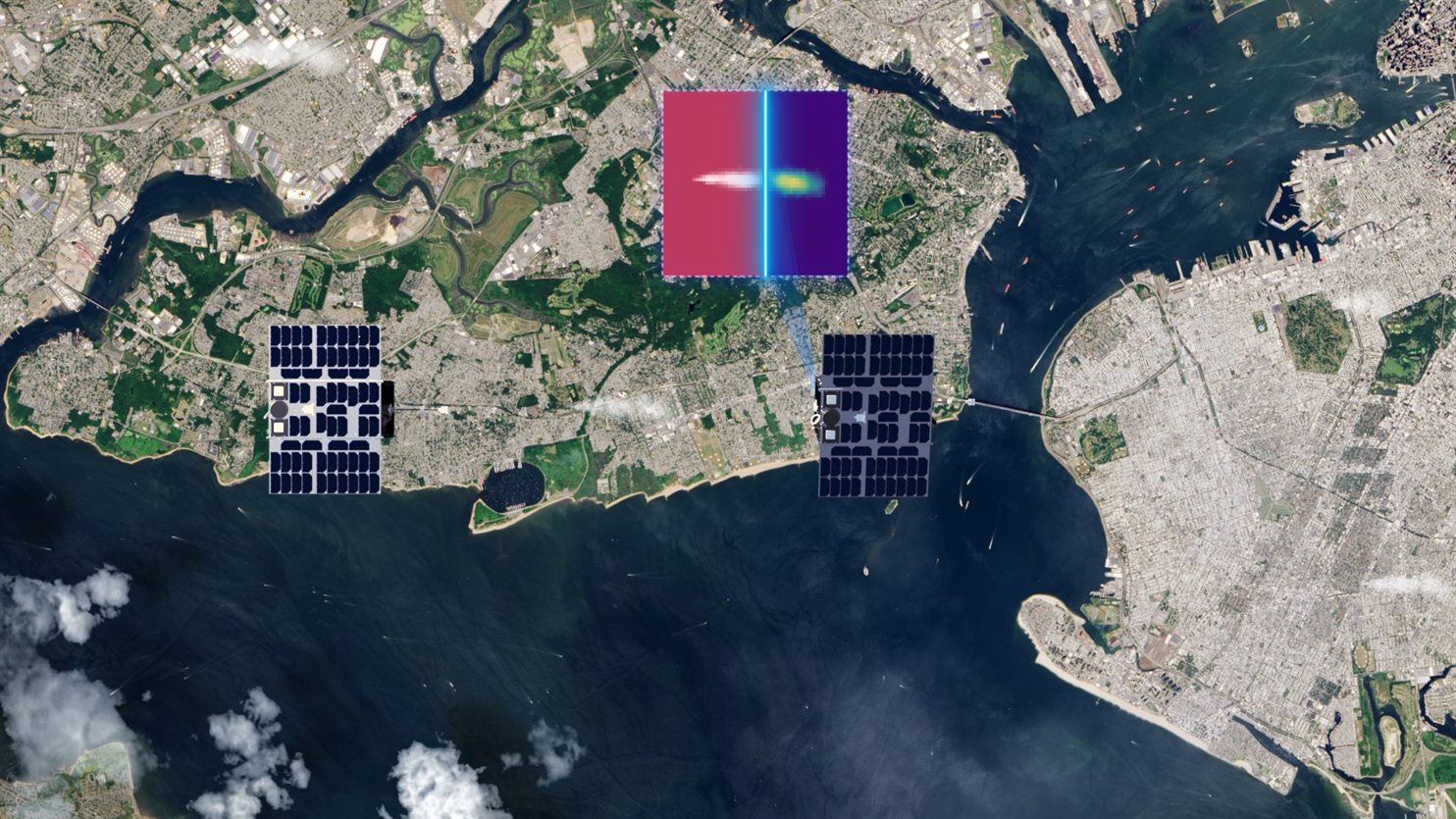
Collaborating for the future
TNO is at the forefront of innovations for long-term greenhouse gas emission tracking and reduction. Anton: ‘TNO has the expertise and experience to utilise satellite data and emission monitoring to help our partners achieve climate goals, for example, by determining national-scale emission inventories, or monitoring major sources like power plants or industrial facilities that are the major contributors to greenhouse gas output.’
Hugo continues: ‘But every project on which we work will make a contribution. So, while we’re proud to be at the centre of CoCO2, there’s no time to rest on our laurels. We’re already ready to take on new monitoring challenges to help advance the Climate Goals even further.'
Want to know how TNO can help your country or region achieve its emission reduction goals? Contact Anton Leemhuis to find out more.
Get inspired
Energy infrastructure and transport
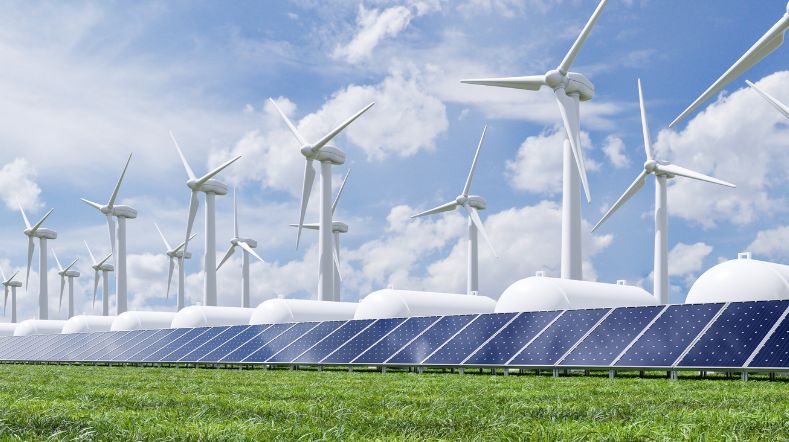

The North Sea as Europe's energy heart requires smart choices
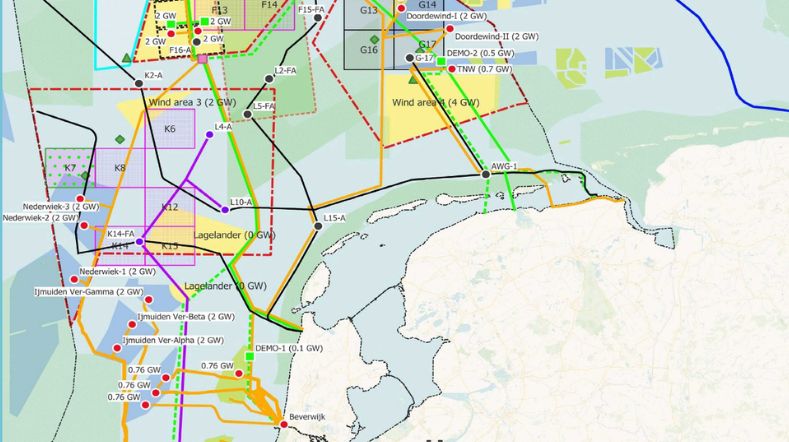

Tomorrow’s hydrogen production and infrastructure: building towards a secure and robust energy system

World Hydrogen Summit 2025
Scaling-up electrochemical technologies for renewable ethylene production
